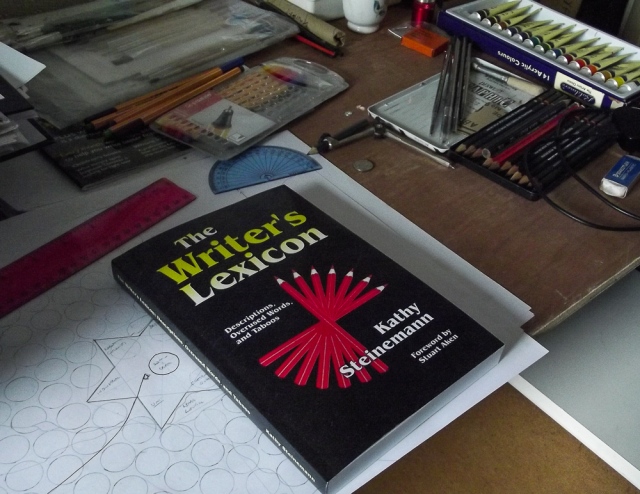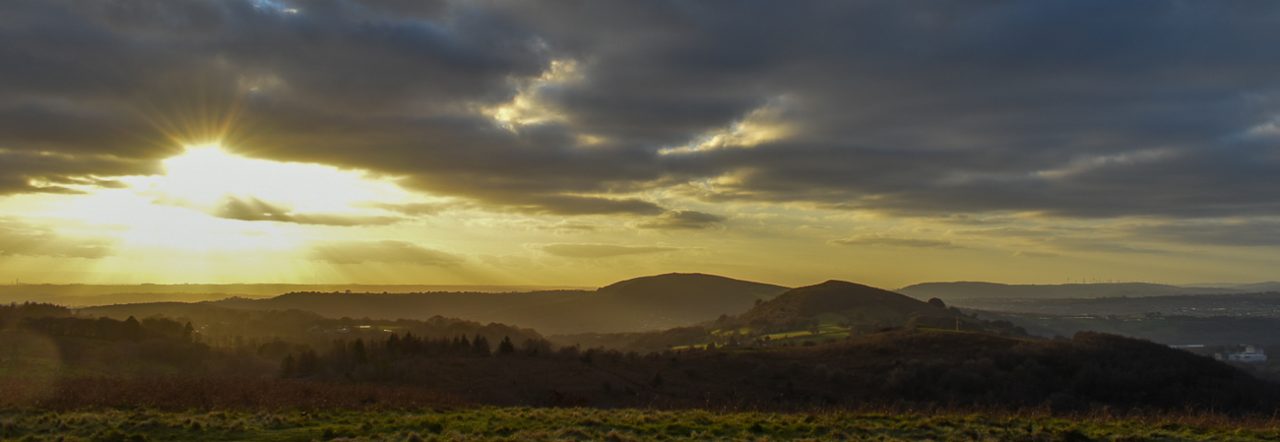
Some help here for writers who want to make their work more interesting, varied, accurate, and effective by using the best words. Also insights into some peculiarities of English for language learners.
A good thesaurus gives alternatives for the idea of a word, but not all of these are true synonyms: context is vital. One way to check suitability is to place synonyms into the sentence to test if they make sense. But it’s not foolproof, so a good dictionary is essential.
My dictionary of choice is the two-volume Shorter Oxford English Dictionary. And I use the 1987 edition of Roget’s Thesaurus for word selection. I’ve installed WordWeb on my Mac for times when I’m in a hurry and the apposite word evades me. And I’ve downloaded the Kindle edition of Kathy Steinemann’s ‘The Writer’s Lexicon’ to consult whilst editing my fiction, so I can inject more variety to the text.
However, I attempt to dig the best word from my overloaded memory first: it’s good mental exercise, which I need on a regular basis! Other books of words, which I consult when a word escapes me, live on reference shelves behind me.
So, to this week’s word:
A slightly different approach this week:
I was invited to write the foreword for a recent book on word use. Kathy Steinemann’s ‘The Writer’s Lexicon’ is a super resource for writers and those who want to express themselves in a more personal way, avoiding the clichés and overused words of everyday talk. Earlier this week, I received my copy of the paperback through the post from Kathy, so, with her agreement, I’m using an example from her book.
Noisy or Loud:
“Are you tired of devising alternatives for noisy or loud?
Search no further.
Step closer, dear writer.
Closer.
Shush now while I invite you into the tranquillity of my studio. Take a seat by the open wind—
What’s that? A chainsaw? Perhaps a lawnmower? No, it has a high-pitched whirr. Aha! The neighbor is whipping weeds. Here. I have an extra set of earplugs for you. Put them in now before you get a headache…
Did I use noisy or loud in the previous paragraph? You already know what a chainsaw, lawnmower and weed whipper sound like, so I’m guessing you heard a racket.
Merely incorporating loud objects in your poetry or prose can paint an effective picture. Or you can create comparisons.
His snoring, a dive bomber in my dreams, morphed into a sleepy wish for an extra pillow to smother the pilot.
The woodpecker’s insistent rat-a-tat-tatting pounded like a jackhammer in my head.”
Kathy goes on to list alternative nouns alphabetically, followed by an alphabetical list of active verbs and another of adjectives.
The spelling, by the way, is American, since Kathy’s country of residence is Canada.
The book deals with Overused Words and Phrases, Overused Punctuation, Taboos (think absolute adjectives, cursing, have, I, etc), Sensory Words, and The Environment.
It’s a great inspirer for better language use. And it’s available as an ebook and a paperback. (I have both!) And you can obtain it through Amazon, or visit her website.

I’ve no financial interest in the book, I simply think it’s an excellent tool that should be available to all who use the English language to express themselves more clearly and poetically.
For language learners, there’s a great group page on Facebook.
I welcome observations and suggestions here. Please use the comments section below for your ideas and thoughts.



Thanks, Stuart!
LikeLiked by 1 person
You’re welcome!
LikeLike